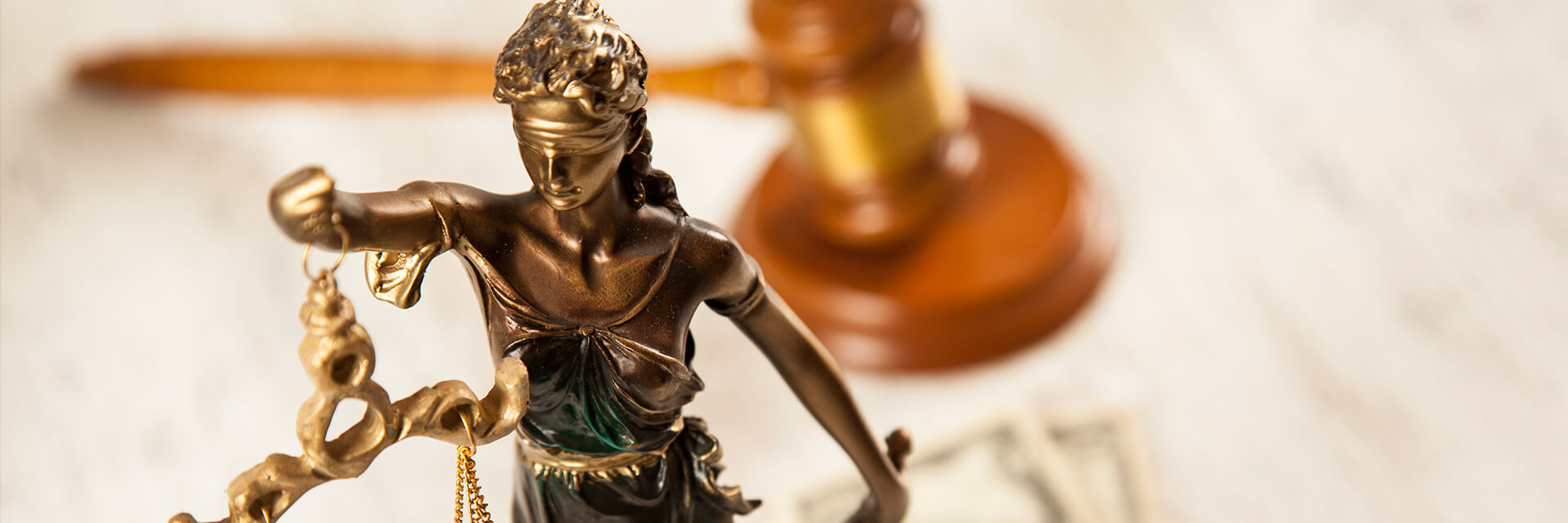
Understanding Zelle Fraud and How to Prevent It
- Published
- Nov 15, 2022
- Share
Zelle is a popular peer-to-peer payment app that describes itself as a simple way to transfer money directly between bank accounts—quickly, safely and easily. To get started with the service, users only need a U.S. bank account, email address or mobile phone number. However, Zelle’s claim about safety has come into question as instances of fraud and schemes involving the payment service are occurring more frequently.
The platform launched in 2017 as the banking industry’s alternative to compete with peer-to-peer payment services like PayPal and Venmo. Consumers use the platform to send money from their bank accounts to another user’s bank account. The transfer takes less than a few minutes and, in most cases, is free to use for both senders and recipients. More than 1,700 banks and credit unions offer Zelle to their customers, with the number of transactions increasing from 247 million in 2017 to 1.8 billion in 2021. The total amount of funds transferred via Zelle reached almost $500 billion in 2021.
An Overview of Zelle Fraud in 2022
As Zelle continued to rapidly gain traction throughout 2022 so did instances of fraud. Due to these rising cases, in September of 2022, Senator Elizabeth Warren (D-Massachusetts) pushed CEOs of the banks that make up Early Warning Services, LLC, the private financial services company that owns Zelle, to better protect their customers. The seven banks that make up Early Warning Services are JPMorgan Chase, Wells Fargo, PNC Financial, Truist, Bank of America, Capital One and U.S. Bank.
An additional Senate report issued by the office of Sen. Warren on October 3, 2022, revealed that four of these banks accounted for 192,878 cases of reported Zelle fraud (customers are being duped into sending payments to fraudsters via the payment platform) totaling $213.8 million in 2021 and the first half of 2022.
The investigation also produced the following findings:
PNC Bank had 8,848 cases in 2020 but is on track for approximately 12,300 cases for 2022.
U.S. Bank had 14,886 cases in 2020 but increased to 27,702 cases in 2021.
Truist had 9,455 cases in 2020 but increased 133% to 22,045 in 2021.
JPMorgan Chase did not provide any information, while Wells Fargo and Capital One were not included in the report.
The data received for Wells Fargo also indicates Zelle fraud at a rate nearly 2.5 times higher than in 2019 and twice as high compared to the other banks listed. Wells Fargo believes the analysis is misleading and that Zelle fraud at its bank is consistent with the industry.
The Electronic Fund Transfer Act of 1978 and Regulation E
While you would think that using a digital platform through a reputable big bank would offer an advantage in the form of recovering money sent fraudulently or mistakenly, the opposite appears to be true with customers using Zelle. The Senate investigation found that these banks have been reluctant to reimburse customers who have been victims of Zelle fraud. The banks refunded only 47% of the stolen funds for approximately 3,500 of the 192,878 cases.
Sen. Warren and others argue that the banks are misinterpreting the federal Electronic Fund Transfer Act of 1978 and Regulation E, a Consumer Financial Protection Bureau (“CFPB”) regulation designed to shield customers from much of the liability for “unauthorized” transfers. Under Regulation E, an unauthorized transfer is when someone else initiates a transfer from your account sans approval. Though, according to Zelle, if you knowingly make a cash transfer to someone, even if under false pretenses, that transfer is actually an authorized transfer.
Early Warning Services stated in a September news release that more than 99.9% of transactions occur without an instance of fraud, and that the proportion of fraud and scams to the number of transactions has steadily decreased.
How to Mitigate and Avoid Fraud with Peer-to-Peer Payment Apps
The CFPB has also been looking into Zelle and other payment platforms with the expectation of issuing regulations requiring banks to reimburse customers for a wider array of fraud. Sen. Warren has asked the CFPB’s director to amend the Electronic Fund Transfers Act to further protect consumers on peer-to-peer platforms.
In the meantime, it is up to the customer to take extra care when using Zelle or any peer-to-peer platform when making payments. Customers should take, at a minimum, the following steps before hitting the send button:
Treat peer-to-peer payments as cash. Be careful not to make a typo in a person’s name or phone number because transactions are not reversable.
Try to use Zelle to pay only friends, family or businesses you know and trust.
Don't respond to unsolicited text messages or emails from a bank or person asking for payment. If you receive a message asking for payment, call that bank, person or business to discuss. Do not call the number in the message or hit a link to chat. Find a phone number from an official website or other method.
Watch for 'urgent' deadlines from new recipients. Fraudsters like to use this tactic to scare a victim, hoping to cause them to panic and send payment immediately (i.e., fear their electricity might be turned off or account may be canceled).
Use strong banking passwords and two-factor authentication. Do not share passwords with others.
Be cautious if a service provider requests money through Zelle or if someone strongly insists on only using Zelle. Most service providers and businesses offer various ways to make payments.
This article is part of EisnerAmper’s Fraud Week Series. For more information on fraud awareness week, visithttps://www.eisneramper.com/fraud-awareness
What's on Your Mind?
Start a conversation with Michael
Receive the latest business insights, analysis, and perspectives from EisnerAmper professionals.












